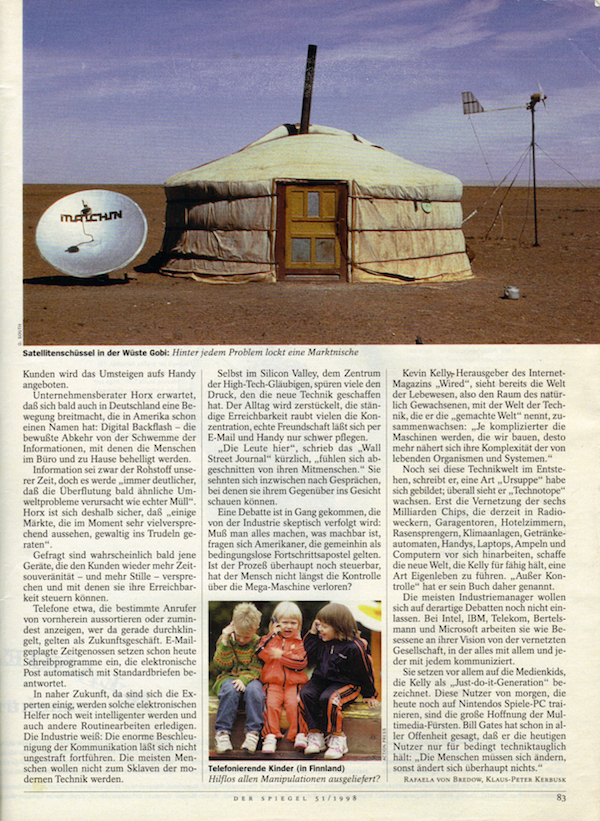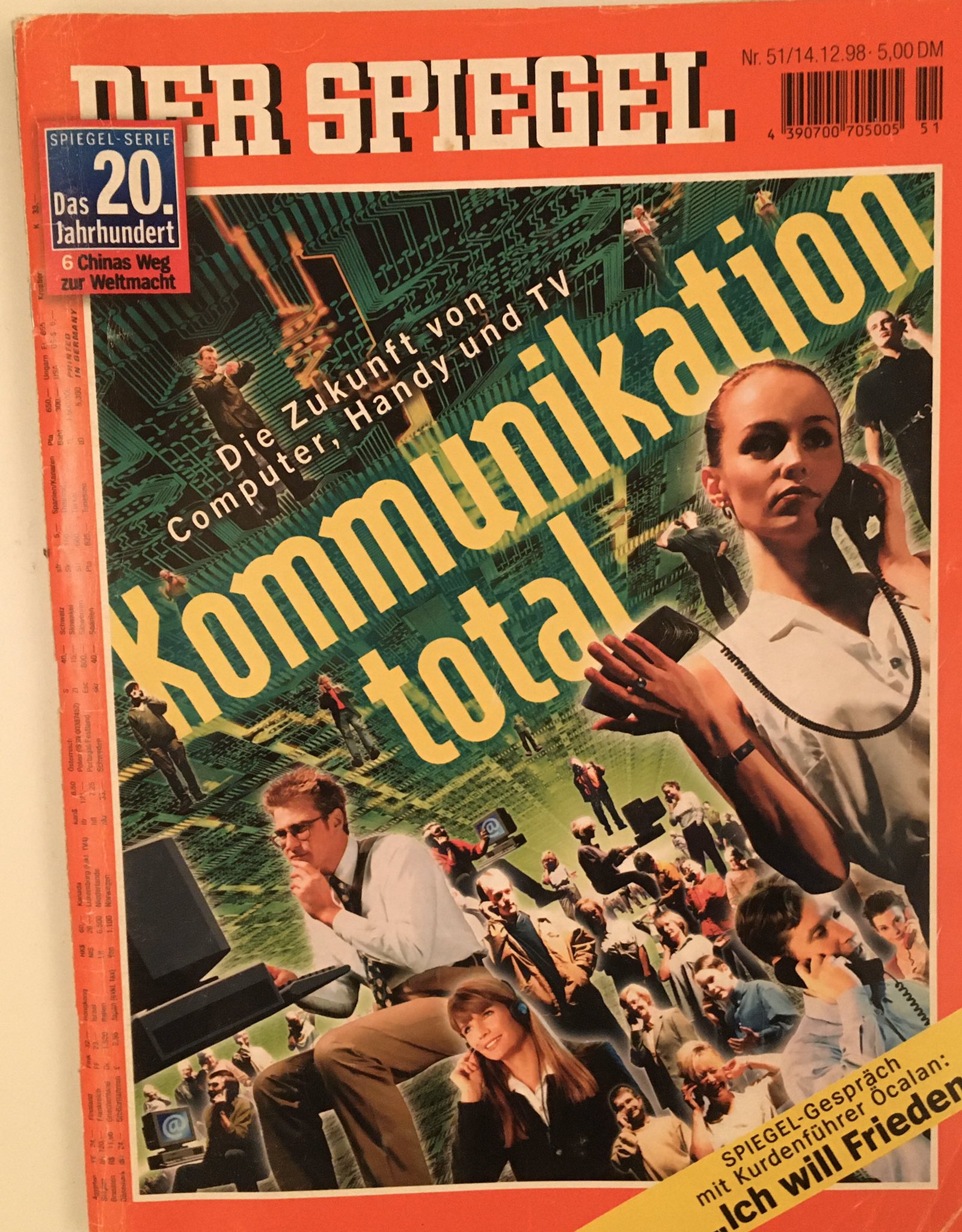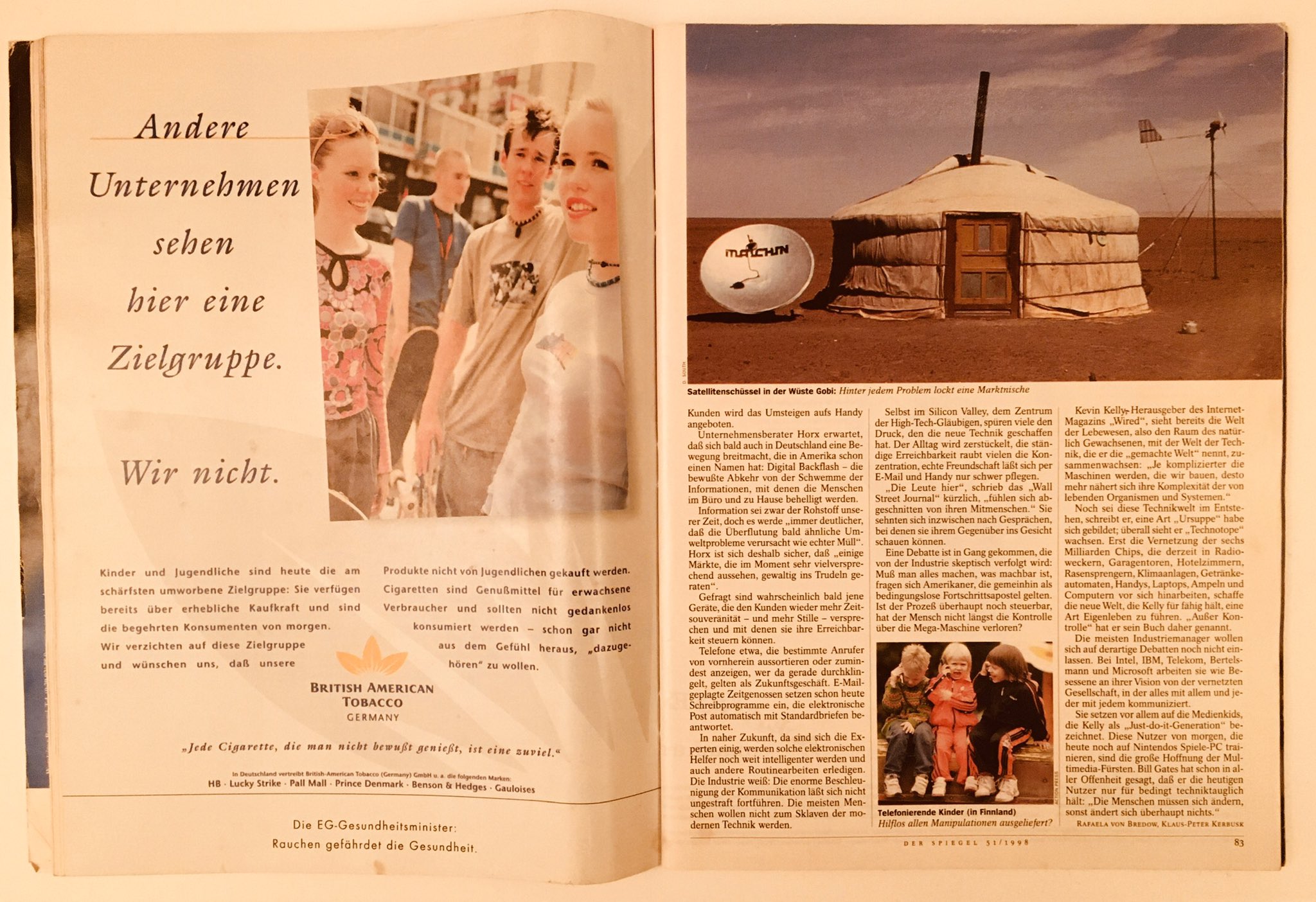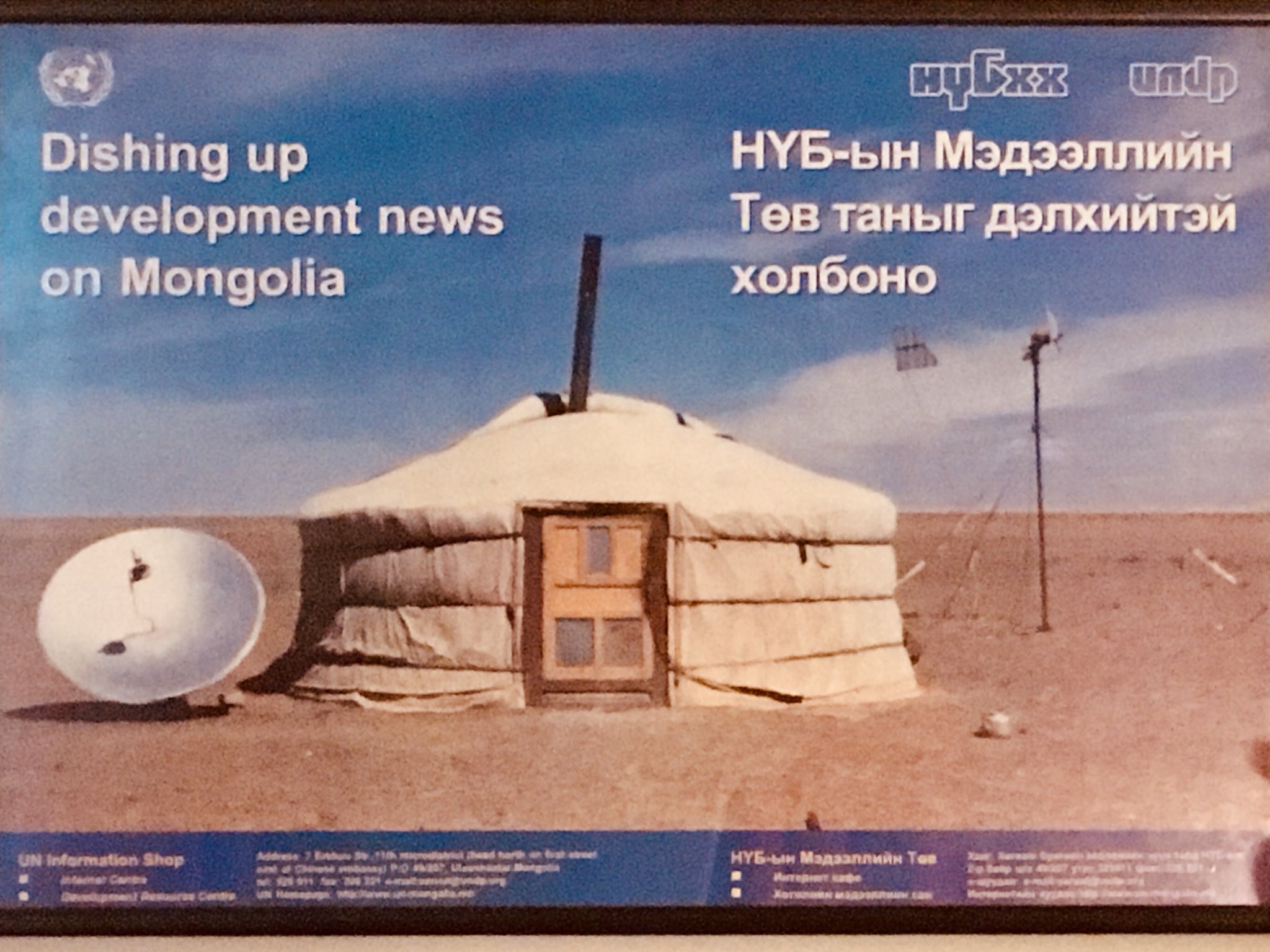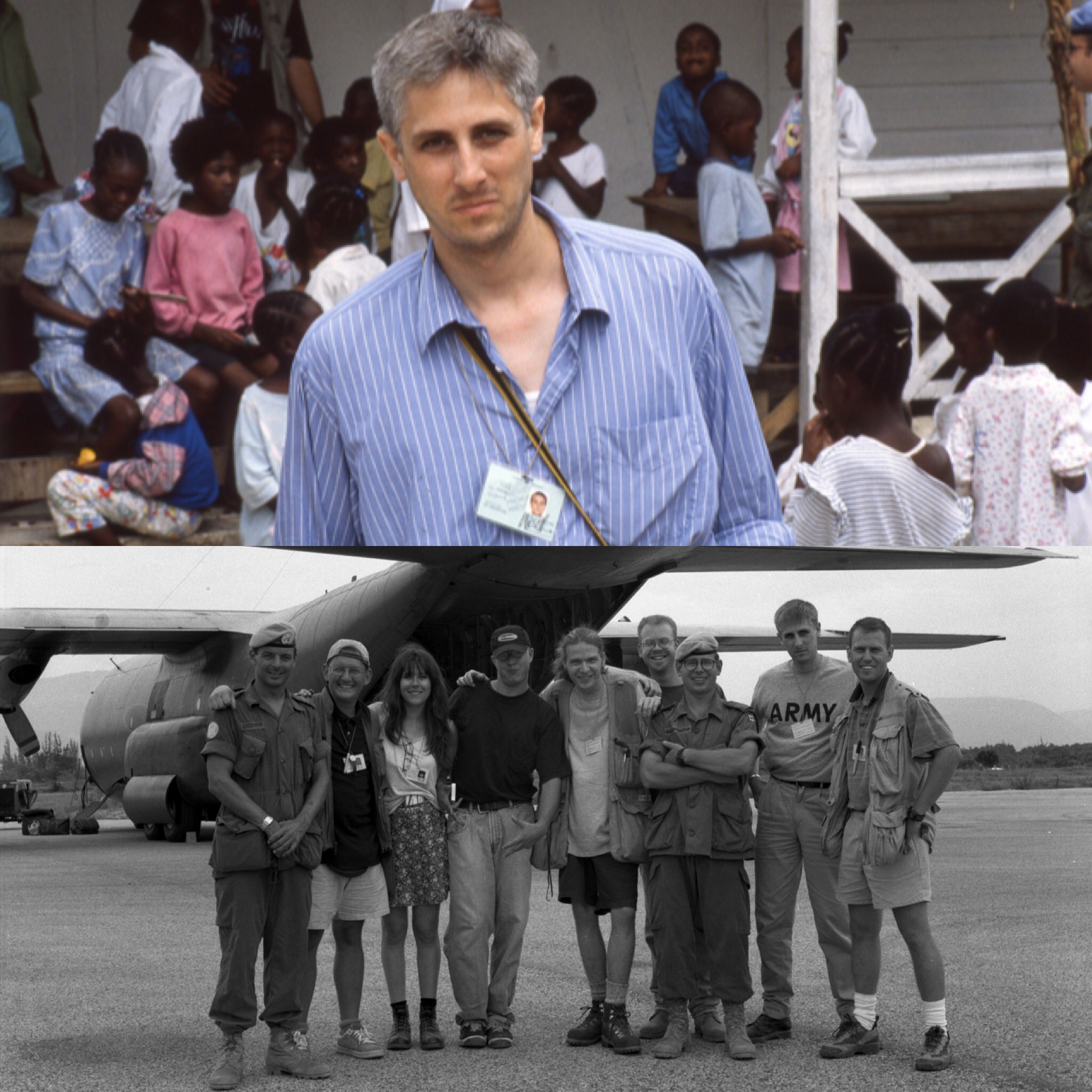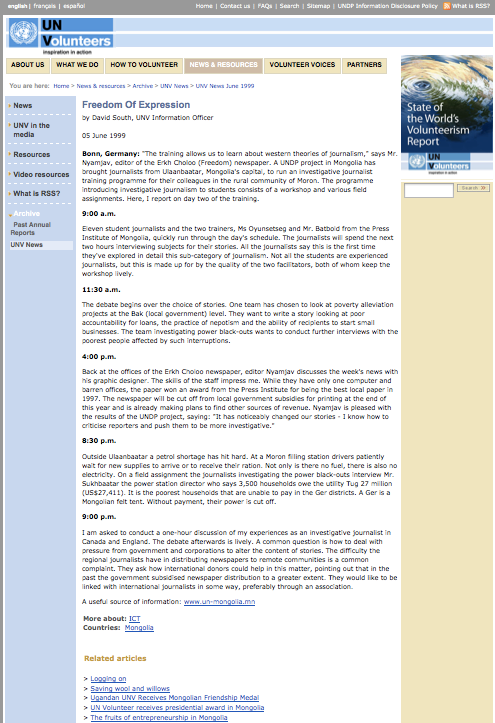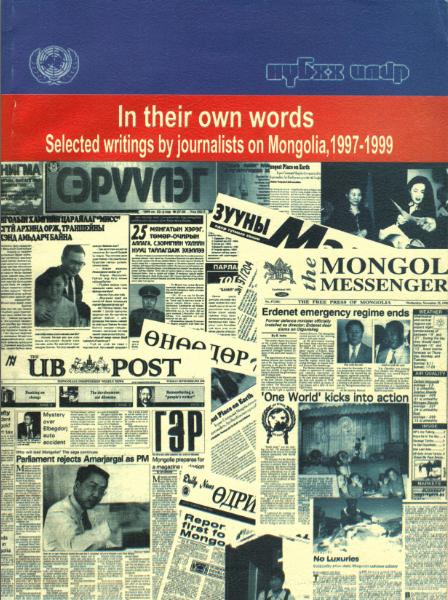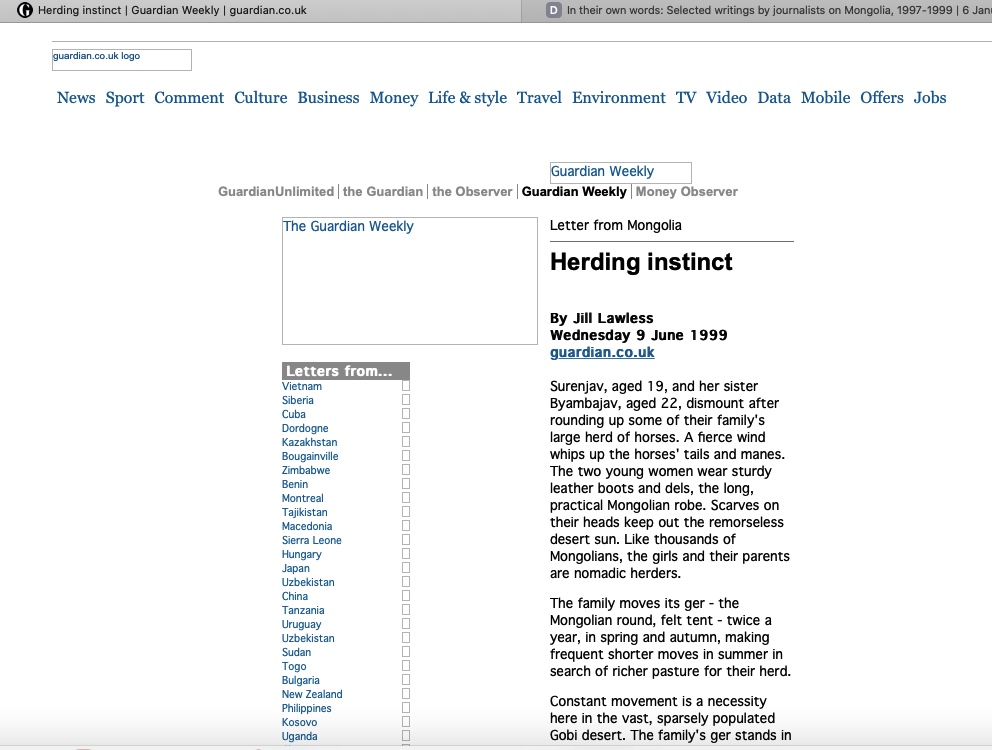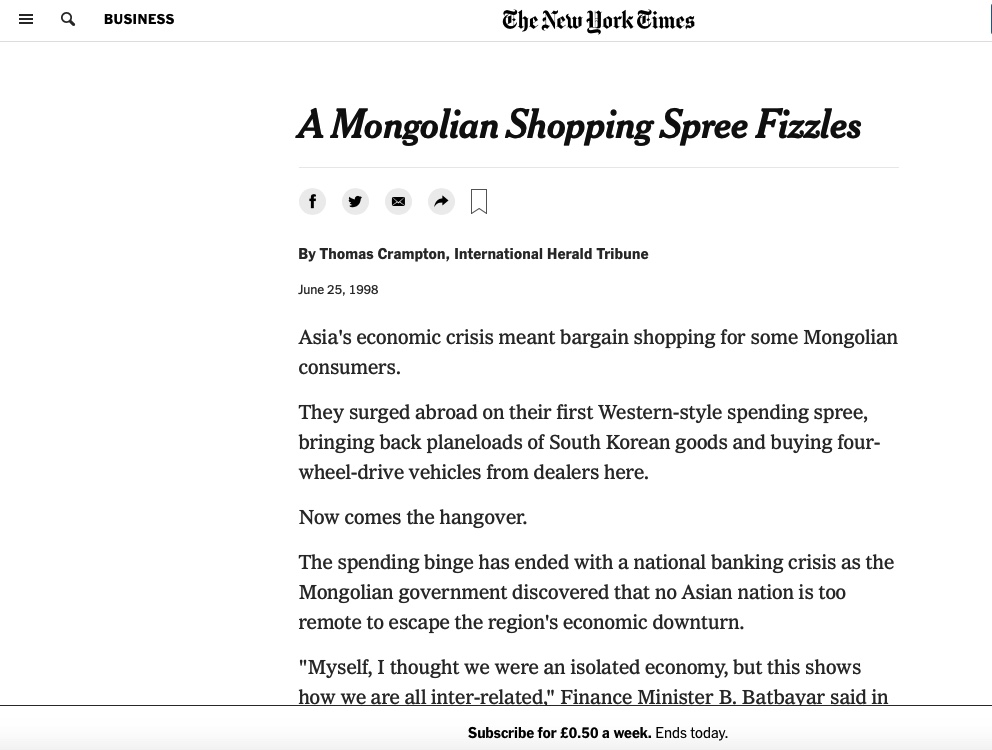Kommunikation total: Der siebte Kontinent | 1998
 Thursday, March 4, 2021 at 2:29AM
Thursday, March 4, 2021 at 2:29AM In 1998 Der Spiegel’s “Kommunikation total” issue profiled the global connectivity revolution underway and being accelerated by the Internet boom of the late 1990s. It chose my picture of a satellite dish and a ger in the Gobi Desert to symbolise this historic event.
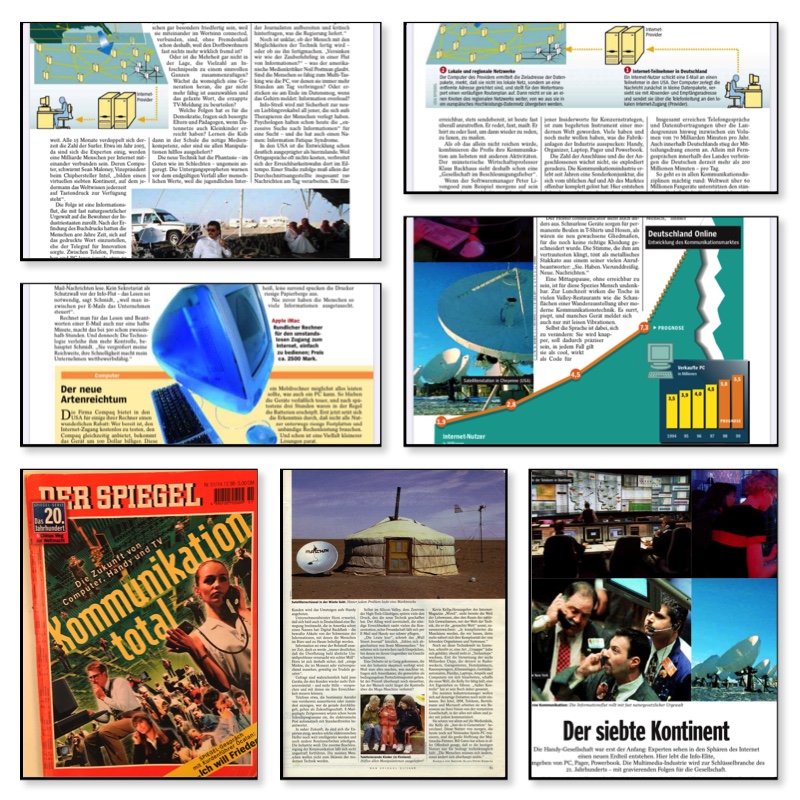 Der Spiegel is a German weekly news magazine and is one of Europe’s largest publications of its kind. It chose my photo taken in the Gobi Desert for its profile of the Internet revolution in 1998.
Der Spiegel is a German weekly news magazine and is one of Europe’s largest publications of its kind. It chose my photo taken in the Gobi Desert for its profile of the Internet revolution in 1998.
“The transformation of Mongolia from a largely rural nomadic society of herdsmen to a community dominated by the increasingly ultra-globalized city of Ulan Bator, where almost a third of the population lives, is nothing short of astounding.” The New Mongolia: From Gold Rush to Climate Change, Association for Asian Studies, Volume 18:3 (Winter 2013): Central Asia
From 1997 to 1999, I served as the Communications Coordinator (head of communications) for the United Nations (UN)/United Nations Development Programme (UNDP) mission in Mongolia, founding and directing its UNDP Mongolia Communications Office.
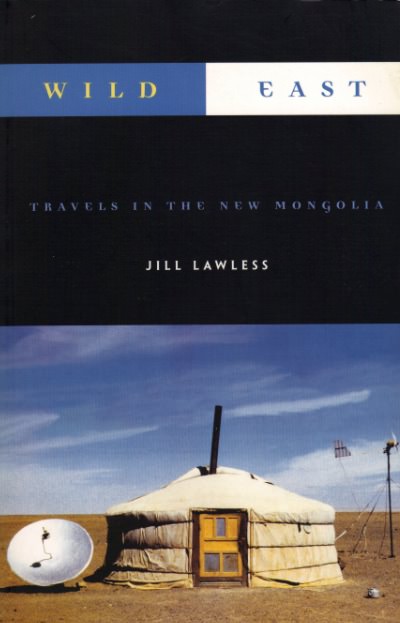 Copies of Wild East: Travels in the New Mongolia by Jill Lawless are still available in various editions and languages.
Copies of Wild East: Travels in the New Mongolia by Jill Lawless are still available in various editions and languages.
Published in 2000 (ECW Press: Toronto), Wild East: Travels in the New Mongolia by Canadian author and foreign correspondent Jill Lawless also selected the ‘ger’ photo for its cover image.
The world has changed considerably since then; and so has Mongolia. The digital revolution has rolled across the planet, the attacks of 9/11 unleashed a wave of violence and wars, and Mongolia even became the fastest-growing economy in the world a few years ago (2012). But back when this book was researched, Mongolia was just coming out of decades of isolation within the Soviet orbit under Communism, and the country experienced in the 1990s “one of the biggest peacetime economic collapses ever” (Mongolia’s Economic Reforms: Background, Content and Prospects, Richard Pomfret, University of Adelaide, 1994).
“The years 1998 and 1999 have been volatile ones for Mongolia, with revolving door governments, the assassination of a minister, emerging corruption, a banking scandal, in-fighting within the ruling Democratic Coalition, frequent paralysis within the Parliament, and disputes over the Constitution. Economically, the period was unstable and rife with controversies.” Mongolia in 1998 and 1999: Past, Present, and Future at the New Millennium by Sheldon R. Severinghaus, Asian Survey, Vol. 40, No. 1, A Survey of Asia in 1999 (Jan. – Feb., 2000), pp. 130-139 (Publisher: University of California)
That collapse made for some crazy times, as Wild East shows.
This work is licensed under a Creative Commons Attribution 4.0 International License.
ORCID iD: https://orcid.org/0000-0001-5311-1052.
© David South Consulting 2021
 1998,
1998,  David South,
David South,  Der Spiegel,
Der Spiegel,  Ger,
Ger,  Gobi Desert,
Gobi Desert,  Jill Lawless,
Jill Lawless,  Kommunikation total,
Kommunikation total,  New Mongolia,
New Mongolia,  Wild East,
Wild East,  media,
media,  nomads,
nomads,  satellite dish in
satellite dish in  21st century,
21st century,  Agenda 2030,
Agenda 2030,  Agenda 21,
Agenda 21,  Asian Financial Crisis,
Asian Financial Crisis,  Austerity,
Austerity,  Capitalism,
Capitalism,  Crisis Response Media,
Crisis Response Media,  David South Consulting,
David South Consulting,  David South International,
David South International,  Digital,
Digital,  Douglas Gardner,
Douglas Gardner,  Emerging Markets,
Emerging Markets,  Geopolitics,
Geopolitics,  Health and Human Development,
Health and Human Development,  Human Development Innovator,
Human Development Innovator,  ICT4D,
ICT4D,  International Development,
International Development,  Knowledge Sharing,
Knowledge Sharing,  Shock Therapy,
Shock Therapy,  UNDP Mongolia,
UNDP Mongolia,  United Nations,
United Nations,  Youth
Youth 